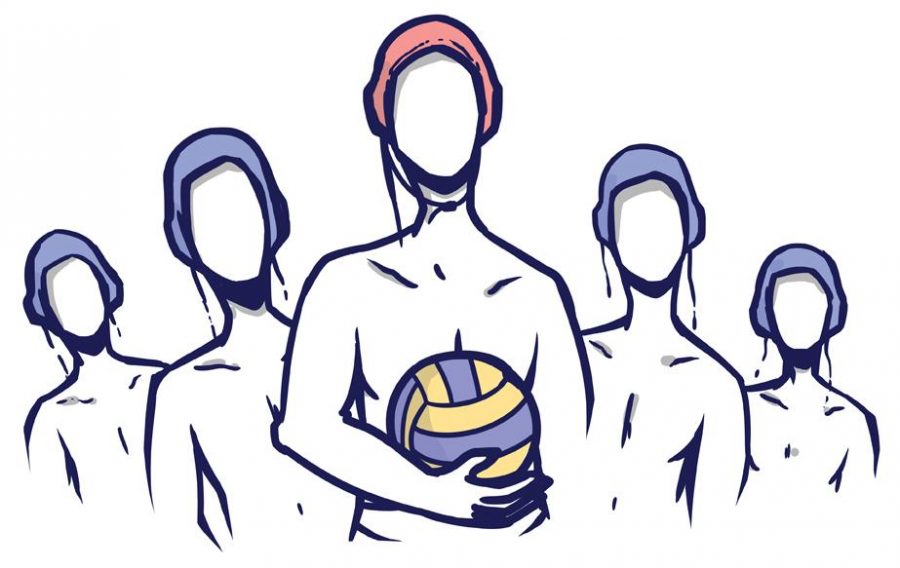It seems that far too often having captains at the varsity and junior varsity levels of high school sports creates more issues than it solves. This could be due to a number of reasons: the team disagrees with the captain, the captain thinks they are a coach, or having a captain simply ruins the dynamic of the team. Though it may seem slightly ironic, I am a captain of the water polo team, and having this position largely contributes to this opinion that I share with many students.
From my own experience I have found that it is very rare to find a captain that works the team, motivates them, and leads them successfully. Not every team should have a team captain, because unless there is a player qualified for the job, the position can and often will cause problems.
In theory, a captain is a wonderful idea; one of your own, that you respect, being the voice of your team and making sure the kids slacking off stay focused. However, for this to be achieved, everyone on the team needs to respect the captain, which is not always the case.
What is the criteria for a strong captain? I believe it has everything to do with the balance of skill, knowledge, competitiveness, and leadership skills.
Many know the feeling you get when someone less experienced or skilled than yourself criticizes you, or, even worse, when they yell at you. It is frustrating, it is upsetting, and it kills team chemistry and team building. Having a captain that isn’t a good player doesn’t work. The captain doesn’t have to be the best player; they just have to be one of the more skilled players on the team. And if they aren’t, the captain should know that they probably are not qualified to be correcting other people.
Captains have to have a strong knowledge of the game, otherwise they can’t help their teammates. They also have to want to win. If it’s clear that the captain is motivated purely by their desire to succeed, it makes the captains criticisms less personal and more meaningful.
Finally, at the end of the day it seems fairly self explanatory, but a captain has to have strong leadership skills and charisma for having a captain to make sense at all. This is important; leadership skills help the captain work well with other players, especially in his or her grade.
I have become a leader on the varsity water polo team this season, and I can tell you it has been difficult at times. I’ve learned teammates don’t always use the term “captain” endearingly and that sometimes I have to be okay with being the bad guy. But I’ve also noticed that I can influence the team positively: we waste less time, set a high tempo for practice, and have the freedom to respectfully instruct players when needed.
On the water polo team all seniors are captains (mostly for college applications), however I grew into the “captain” role without needing the official title from the coach. I think that is the way team captains should be: a natural progression initiated by the team. I’m not trying to argue that I’m an amazing captain or even a good one. My point is that captains need to understand all aspects of the job, and not every team in high school will have a student that does.
As I collect my final thoughts, I seemed to have missed the most important requirement of all. A captain should know he is no better than anyone else in the program.
Everyone on the water polo team has a role, and everyone is equal. Despite skill, age, or experience, I try to treat everyone well and equally. I hope my teammates have never questioned whether or not this was my belief, because it is, and I care about my friendship with all of them. I know how lucky I am to be a part of the best program at Tam.
So unless a team can elect one of their own that fits the criteria well, high school coaches should not select a captain where no qualified individual exists.


